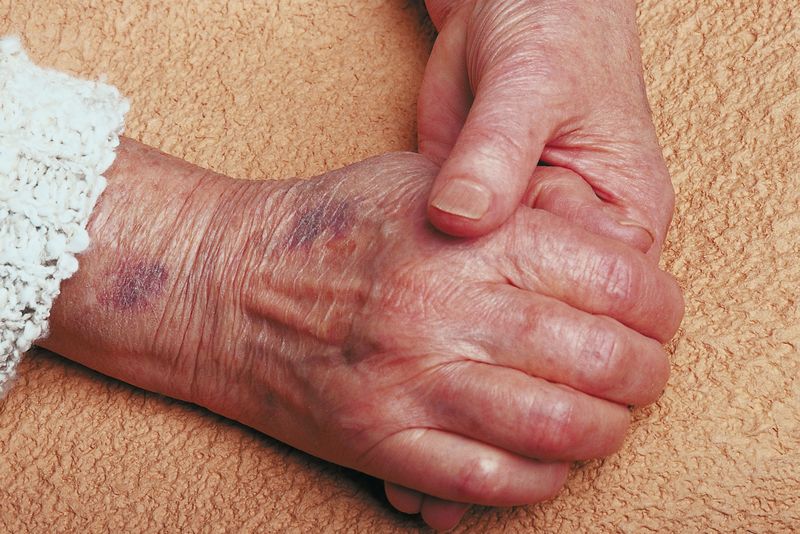
TUESDAY, Sept. 15, 2015 (HealthDay News) — The cost of caring for a woman with Alzheimer’s disease is ultimately about six times more than it is for a man with this form of dementia, new research indicates.
When the patient is a man, the true value of the time and energy a female family member typically puts into her caregiving job is 20 times greater than that performed by a male family member when the patient-caregiver roles are reversed, the Emory University researchers said.
In other words, women perform more unreimbursed labor. And when men care for sick women, more money is spent on paid caregiving staff, driving up the overall cost, said study authors Zhou Yang and Allan Levey.
The findings will appear in the September/October issue of the journal Women’s Health Issues.
“This study demonstrates the importance of policies to address the needs not only of patients but of caregivers, the majority of whom are women,” said Women’s Health Issues editor-in-chief Chloe Bird in a journal news release.
To better understand the financial burdens wrought by the disease, Yang and Levey pored through data collected by the Medicare Current Beneficiary Survey between 2000 and 2010.
Survey information included expenses covered by Medicare; long-term care covered by Medicaid; uncovered costs of providing home care and/or care in an assisted living facility, and the uncovered value of manpower by caregiving loved ones.
Caring for women with Alzheimer’s was found to cost more by every measure. Compared with caring for a male patient, Medicare expenses were 1.5 greater; Medicaid costs were 2.2 greater, and out-of-pocket home and/or assisted living costs were 5.8 times greater.
But it was the big falloff in the amount of work performed by male caregivers, relative to female caregivers, that ended up increasing the overall bill for female Alzheimer’s patients.
The study authors said policy reforms, including reforms to Medicare and Medicaid payments, must address the needs of Alzheimer’s patients.
“Public policy interventions that aim at curing or slowing the progress of Alzheimer’s disease, as well as those meeting the special home health care or long-term care need of the [Alzheimer’s] patients, will greatly benefit the welfare and economic status of women,” Yang said in the news release.
More information
There’s more on Alzheimer’s costs at the Alzheimer’s Association.
Copyright © 2024 HealthDay. All rights reserved.

